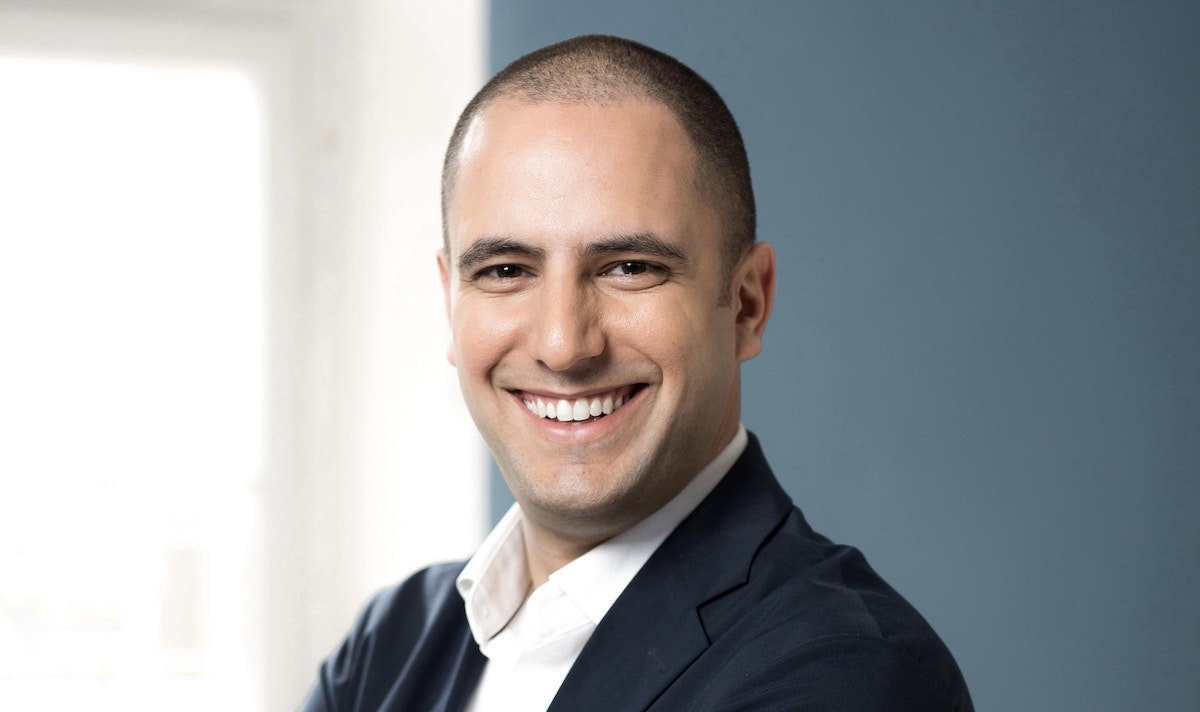Alexander Fitzgerald was working as a PR advisor for Bulb — the energy company that’s currently Europe’s fastest-growing startup — when he had an idea.
“I was organising interviews for them and seeing what they’d done and finding that cool and amazing,” he says, “and then thinking, why isn’t anyone doing the same for broadband?”
It wasn’t such a bad idea. Cuckoo, the London-based startup Fitzgerald went on to launch, has just raised $6m from investors — including those who backed Bulb early on.
Big bad broadband
Broadband today is where the energy market was five years ago, says Fitzgerald, who’s hoping for a dose of Bulb’s success at taking on crusty incumbents and winning over customers.
“If you rewind to five years ago, in 2015, the big six energy companies in the UK had more than 90% market share,” he explains. “But today the big six only have about 55% because lots of challengers have come in — the main ones being Bulb and Octopus.”
When it comes to broadband, in the UK just four companies — BT, Sky, Virgin and TalkTalk — currently own more than 90% of the market.
As a market to disrupt, broadband has everything you look for, Fitzgerald says: it’s big and important (worth $327bn globally), but with bad consumer outcomes (bad pricing systems, bad consumer reviews) and, critically, no one’s trying to do anything different.
The birth of Cuckoo
Fitzgerald sought advice from Bulb’s founders — and they helped with his first investor deck — but Fitzgerald says their main advice was “go out and do it.”
So he did. In October 2019, he left his job at PR company Hanbury Strategy and started working on Cuckoo full-time.
The name’s partly based on the philosophy that it’s good luck for internet companies to have two oos in its name, and partly because of the idea that Cuckoo wants to “kick the bad eggs of the incumbent companies out the nest.”
The idea behind Cuckoo is simple. It offers one single broadband deal on a one-month rolling contract for one price — £29.99 a month — and you get the fastest speed that can be delivered to your home. The company says it saves each customer £130 on average, with double the average speed.
Cuckoo doesn’t supply any network infrastructure itself; it wholesales off the existing network infrastructure, Openreach, and just works on billing and acquiring customers.
Simple billing and clear customer service is one of its priorities — something the broadband market isn’t always known for.
Cuckoo’s seen strong growth since it launched in July last year, growing more than 250% across 2021 so far. It currently has nearly 10k customers and Fitzgerald expects growth to pick up more quickly across the rest of 2021.
Banking, energy, then broadband
So why has the broadband industry gone so long without facing new competition?
“I think it’s because people think they can’t do it how we’re doing it,” Fitzgerald says. “People think you actually have to build a network and drill wires in.”
There have been waves of attempted disruption — there was PlusNet, but that got bought by BT, and there was TalkTalk, but that’s seen reputational damage after a 2015 cybersecurity attack on its networks.
“We don’t really see anyone else doing this at the moment,” he says. Besides the big incumbents, there’s the Post Office, which has 500k broadband customers, and there’s Zen, which has 100k customers and has been around for about 20 years.
In Europe, the situation’s similar, Fitzgerald says — while there are a few new companies working on broadband, the global telecoms industry hasn’t faced much disruption.
For Fitzgerald, it’s understandable that the industry hasn’t been tackled by many startups yet.
He reckons that it takes even more for a new broadband company to win over customers than it does for a new bank or energy company. With banking, you can have multiple accounts and you don’t have to rely solely on one, he argues. Energy is also important but with broadband there’s a big trust factor because you rely on it for everything.
“Banking, energy and broadband. It makes sense that the industries would be disrupted in that order.”
He predicts that, for consumers, it’ll soon become the norm to switch across to challenger companies in the industry.
“If you’ve switched your banking to Monzo or Revolut, your energy to Octopus or Bulb, it makes it more likely you’ll switch the last one too.”


